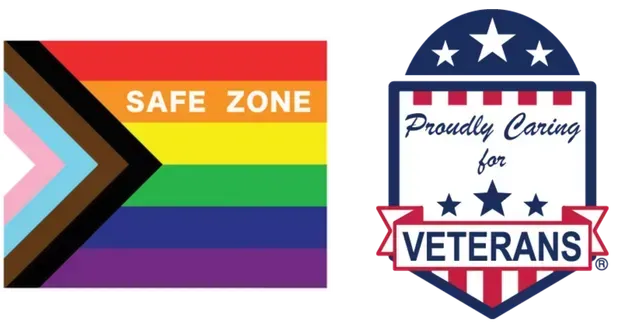FAQs
Top 10 Frequently Asked Questions
1. Why should I buy instead of rent?
Purchasing a home allows you to build equity over time, potentially providing financial benefits in the long term. Unlike renting, where payments contribute solely to the landlord’s income, mortgage payments can be seen as an investment in your own property.
2. How much money will I need to buy a house?
The total amount needed includes the down payment, closing costs, and move-in expenses. Down payments can range from 0% to 20% of the home’s price, depending on the mortgage type. Closing costs typically range from 2% to 6% of the loan amount. It’s advisable to save for these expenses in advance.
3. Can I buy a home with bad credit and a small down payment?
Yes, there are federal mortgage programs designed to assist individuals with less-than-perfect credit and limited funds. Consulting with a HUD-funded housing counseling agency can help you explore available options.
4. What are ‘HUD homes,’ and are they a good deal?
HUD homes are properties acquired by the Department of Housing and Urban Development after a foreclosure on an FHA-insured mortgage. They are sold at market value and can be a good deal, but it’s essential to research and inspect the property thoroughly before purchasing.
5. Do I need a good credit score to buy a house?
A higher credit score can improve your chances of mortgage approval and may secure better interest rates. However, various loan programs cater to individuals with lower credit scores. It’s beneficial to review your credit report and address any issues before applying.
6. What are my mortgage options as a first-time homebuyer?
First-time buyers have access to various mortgage options, including FHA loans, VA loans, and conventional loans with low down payment requirements. Researching each option will help determine the best fit for your financial situation.
7. Should I get pre-qualified or pre-approved for a mortgage?
Pre-qualification provides an estimate of what you might afford based on self-reported information, while pre-approval involves a lender verifying your financial details and offering a conditional commitment for a specific loan amount. Pre-approval can strengthen your position when making an offer on a home.
8. What is mortgage insurance, and will I need it?
Mortgage insurance protects the lender in case of borrower default. It’s typically required if your down payment is less than 20%. This insurance can be an additional monthly cost, so it’s important to factor it into your budget.
9. What are closing costs, and how much should I expect to pay?
Closing costs are fees associated with finalizing a mortgage, including expenses like title insurance, home inspections, and lender fees. They typically range from 3% to 6% of the home’s purchase price and are due at closing.
10. How can I find assistance programs for first-time homebuyers?
Many states and local governments offer programs that provide down payment assistance, favorable loan terms, and tax credits for first-time buyers. Researching programs in your area can uncover valuable resources to aid in your home purchase.

